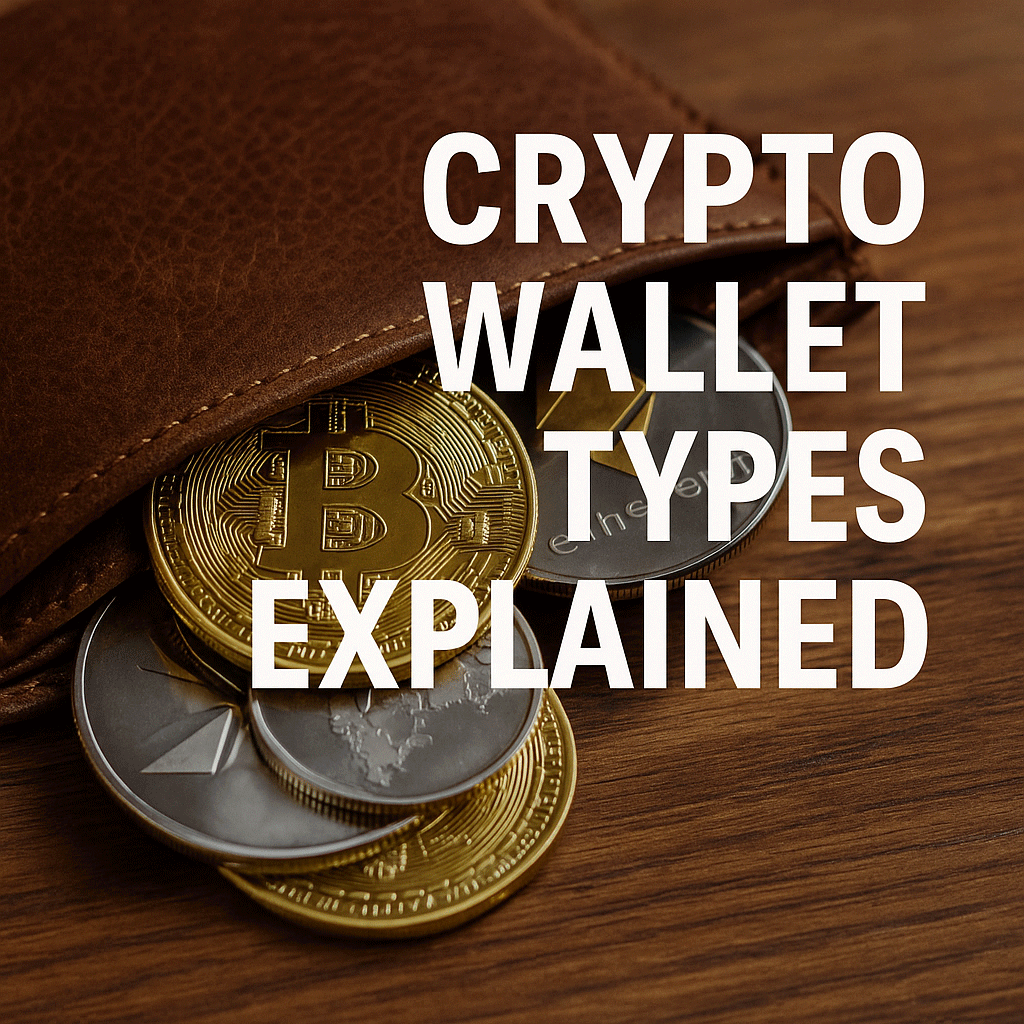Cryptocurrencies have grown exponentially in popularity, prompting users to understand the essential tools for secure storage. At the heart of managing digital assets is the crypto wallet concept. This article explains the different types of crypto wallets, how they work, and which might be right for you.
What Is a Crypto Wallet?
A crypto wallet is a digital tool that allows users to store and manage their private keys, which are necessary for accessing and transferring cryptocurrencies. While wallets do not store the cryptocurrency itself, they store the keys that grant access to the blockchain where the funds reside.
Main Categories of Crypto Wallets
Crypto wallets fall into two primary categories: hot wallets and cold wallets.
Hot Wallets
Hot wallets are connected to the Internet, making them convenient for frequent transactions but also making them more vulnerable to cyberattacks.
Types of Hot Wallets:
- Desktop Wallets: These are installed on your computer; examples include Electrum and Exodus.
- Mobile Wallets: Designed for smartphones; examples include Trust Wallet and MetaMask.
- Web Wallets: Accessed via a browser; examples include blockchain.com and exchanges like Coinbase.
Hot wallets are user-friendly and ideal for everyday use but require strong security practices.
Cold Wallets
Cold wallets are offline wallets that offer enhanced security by isolating private keys from online threats.
Types of Cold Wallets:
- Hardware Wallets: Physical devices such as Ledger Nano S or Trezor.
- Paper Wallets: Physical printouts of private and public keys.
- Air-gapped Devices: Computers or phones permanently disconnected from the internet.
Cold wallets are suitable for long-term storage of large amounts of cryptocurrency.
Custodial vs. Non-Custodial Wallets
- Custodial Wallets: Managed by third parties like exchanges. Users do not control the private keys.
- Non-Custodial Wallets: Users have complete control over their private keys.
Choosing between the two depends on your technical comfort level and desire for control versus convenience.
Security Considerations
- Always enable two-factor authentication.
- Use reputable wallet providers.
- Regularly update software and firmware.
Internal Links
External Links
FAQ
What is the safest type of crypto wallet?
Due to their offline nature, hardware wallets are generally considered the safest for long-term storage.
Can I use more than one type of wallet?
Yes, many users use a combination of hot and cold wallets to balance convenience and security.
What happens if I lose my wallet?
If it’s non-custodial, losing access to your private key means you lose your crypto. Always back up your keys.

 Bitcoin
Bitcoin  Ethereum
Ethereum  Tether
Tether  XRP
XRP  USDC
USDC  Solana
Solana  TRON
TRON  Lido Staked Ether
Lido Staked Ether  Figure Heloc
Figure Heloc